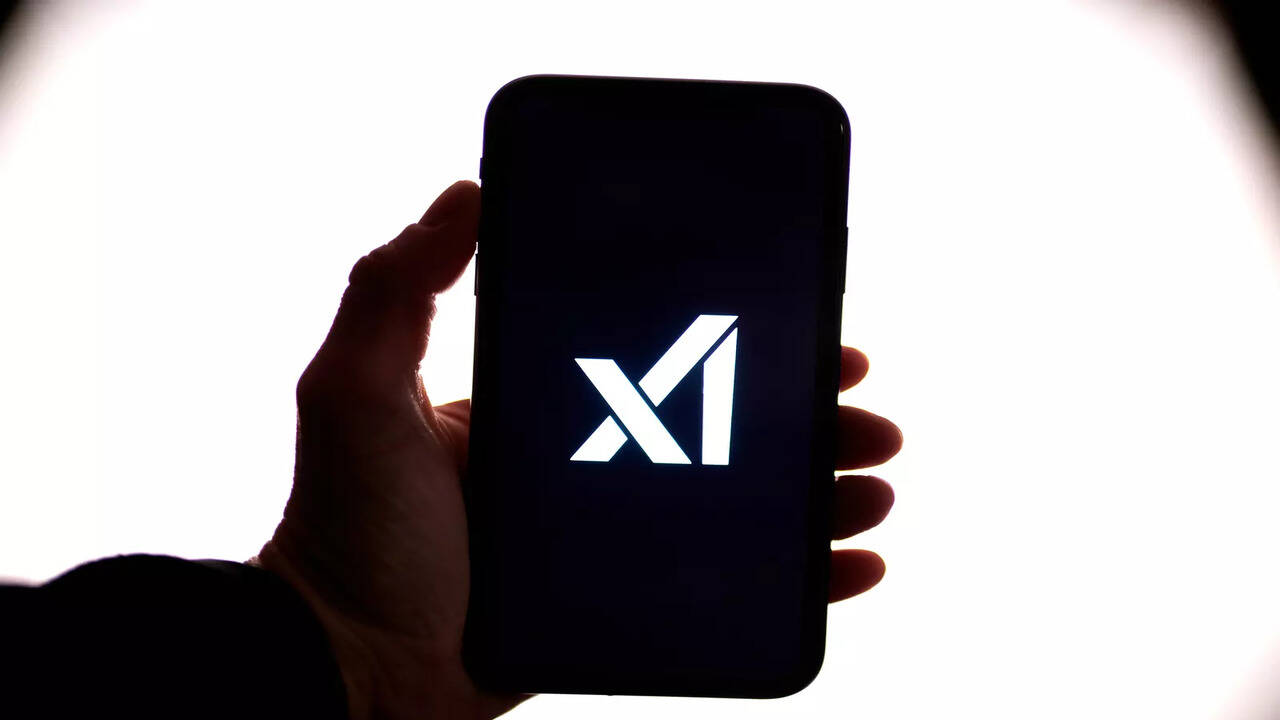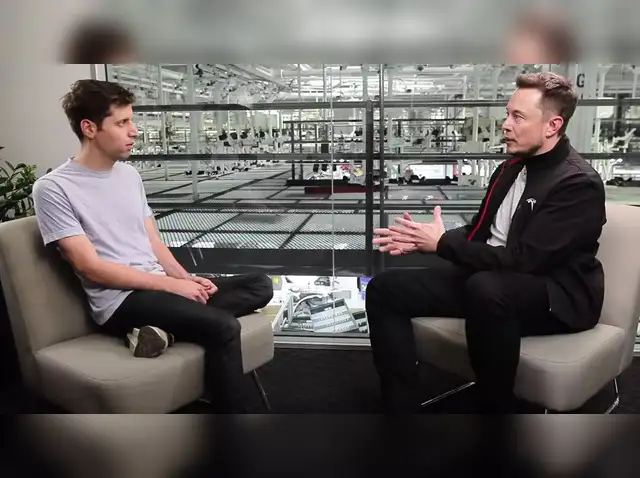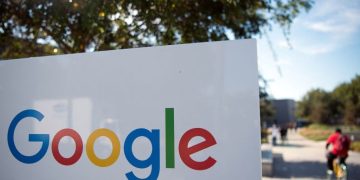In a dramatic escalation of Silicon Valley’s high-stakes battle for artificial intelligence supremacy, Elon Musk’s AI venture, xAI, has filed a lawsuit accusing rival OpenAI of misappropriating trade secrets. The lawsuit, filed in a federal court earlier this week, alleges that OpenAI engaged in a calculated effort to recruit key xAI personnel and gain unauthorized access to proprietary technology developed by the company.
The complaint marks the latest chapter in the deepening rivalry between Musk and OpenAI—a company he co-founded in 2015 and later publicly disavowed over what he has described as its drift from nonprofit principles and alignment with Big Tech. The new legal salvo, however, shifts the battle from ideological grievances to claims of corporate espionage and intellectual theft.
According to court filings, xAI alleges that OpenAI poached several of its top engineers and staff members, including individuals who had access to highly confidential technical and operational data. Among those named is Xuechen Li, a former xAI engineer who allegedly copied sensitive source code and system architecture documents before abruptly resigning from the company. xAI claims that Li then joined OpenAI and attempted to hide his tracks by deleting internal logs and communications.
In addition to Li, xAI has also identified other former employees—some in technical roles and others in high-level strategic positions—who allegedly departed the company with troves of proprietary information. The company contends that these individuals violated employment agreements and fiduciary duties, and that OpenAI knowingly induced or benefited from their misconduct.
The lawsuit alleges that the stolen material includes advanced models and training methodologies related to xAI’s flagship product, Grok—a conversational AI system integrated with X (formerly Twitter). xAI claims that OpenAI gained unfair insights into Grok’s performance metrics, optimization techniques, and deployment architecture, enabling it to fast-track development of competing systems.
As part of the legal action, xAI has secured a temporary restraining order from a federal judge, barring at least one former employee from continuing work on related AI projects at OpenAI. The court order cites sufficient preliminary evidence that proprietary information may have been improperly disclosed, pending a more in-depth evidentiary review.

In a public statement, xAI described the lawsuit as a necessary step to protect its innovations from what it calls “opportunistic and unethical behavior.” The company emphasized that it invests heavily in its research and intellectual property, and that it would not tolerate efforts to bypass fair competition through covert or unlawful means.
OpenAI, meanwhile, has denied the allegations and vowed to fight the lawsuit. In a brief statement issued Thursday, a spokesperson for the company called the claims “baseless” and accused Musk of launching a “vindictive campaign” tied to his ongoing personal and business disputes with OpenAI leadership. The company stated that it takes compliance and intellectual property integrity seriously, and that it adheres to strict onboarding processes when hiring talent from other firms.
Tensions between Musk and OpenAI have been simmering for years. Musk, who was once a major supporter of the organization, split from OpenAI in 2018 and has since criticized its evolution into a for-profit company closely aligned with Microsoft. Earlier this year, Musk filed a separate lawsuit challenging OpenAI’s corporate structure, arguing that its current leadership has strayed from its original nonprofit mission to serve humanity.
The latest legal confrontation, however, strikes at the heart of one of the most sensitive issues in the tech industry: the protection of trade secrets in the rapidly evolving field of artificial intelligence. As companies race to develop ever more powerful AI models, the competition for top talent—and the knowledge they carry—has become fierce. Engineers with experience in training large language models, fine-tuning algorithms, or deploying scalable AI systems are in high demand, and their movement between firms can spark serious legal and ethical questions.
The outcome of this case could have wide-ranging implications. If xAI prevails, it may lead to stricter enforcement of intellectual property protections across the AI industry and force companies to reassess hiring practices involving employees from direct competitors. On the other hand, if OpenAI successfully defends itself, it could reinforce the argument that knowledge and skills acquired during employment do not necessarily belong to the former employer—especially in a field as fast-moving and collaborative as AI.
Legal analysts say the case is likely to hinge on the documentation of what exactly was transferred, whether the information qualifies as a trade secret under U.S. law, and whether OpenAI knowingly benefited from misappropriated materials. Employment contracts, digital audit trails, and internal communications are expected to play a crucial role in building or refuting the claims.

The timing of the lawsuit is also significant. Both xAI and OpenAI are locked in a race to lead the next generation of general-purpose AI systems, with massive investment pouring into the sector. Any disruption to research teams, development cycles, or regulatory standing could have profound financial and strategic consequences.
For now, the industry is watching closely as two of the most high-profile players in AI prepare to battle in court. The dispute, though deeply personal for Musk, raises universal questions about how innovation can be protected in a landscape where the line between collaboration and competition is increasingly blurred.











